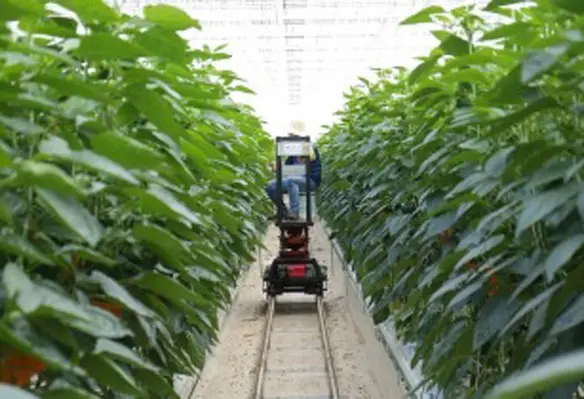A Cargill study found that most consumers are ready to rally around farmers in support of their efforts to put food on the tables around the globe
Consumer recognition of the challenges and expectations faced by farmers grew in the midst of the COVID-19 pandemic, as processing and transport bottlenecks, particularly in the protein industry, increased global food supply. In the latest Feed4Thought survey, Cargill found that almost one-third of consumers in the US, Brazil, Vietnam, and Norway have renewed appreciation for animal agriculture.
“Farmers and ranchers have faced tremendous pressures caused by COVID-19 supply chain disruptions. And those pressures came on top of the multitude of challenges farmers already faced as they worked to feed the world in a safe, responsible and sustainable way,” said David Webster, president of Cargill Animal Nutrition & Health. “When consumers experienced bare shelves at grocery stores, they were reminded of the critical role livestock, and aquaculture farmers play in global food security.”
Cargill found that 71% of consumers were concerned about the pandemic disruption of the food system and that two in three consumers recognised the increased pressure on animal farmers to supply safe, affordable proteins since the beginning of COVID-19.
However, these new challenges did not dissuade consumers from believing in farmers: the overwhelming majority of consumers (84 per cent) indicated that they were generally confident in farmers to meet demand and feed growing populations.
More than half of consumers say they feel positive about/appreciating farmers, with one third saying that their perceptions have improved compared to pre-pandemic ones. This high confidence and increased appreciation towards farmers suggest that COVID-19 can act as a catalyst to strengthen the relationship between consumers and farmers.
This also leads to a growing recognition by consumers of the roles and responsibilities of farmers. Beyond the critical role of feeding the world, consumers also see farmers as natural resource managers (47%), animal welfare experts (42%), technologically knowledgeable (21%) and professional entrepreneurs (20%).
“On a day-to-day basis, farmers play multiple roles,” Webster said. “They work to keep their animals healthy and free of disease, protect the earth’s resources and manage their operations sustainably, provide employment and run a profitable business.”
The study suggests that respondents believe that technology can help farmers address the challenges they face. Of those surveyed, 29 per cent would like farmers to prioritise technology that improves animal health and well-being, while 28% would like technology that improves overall food safety.
Technology and innovation continue to help farmers overcome challenges.
-Real-time scans in poultry houses use Artificial Intelligence (AI) and machine learning, giving farmers insights to maximise animal comfort, health and improved efficiency.
-Companies like Cainthus are investing in the technology of computer vision. When farmers have access to real-time data, they can make more informed choices that can improve nutrition, improve animal welfare and comfort, and ultimately increase the yield of milk components. These technologies can also improve the environmental impact of agriculture, making it more sustainable.
-Swine technology leader, Agriness, combines data management and deep expertise in animal nutrition and production to improve predictions, such as productivity and improved farm management practices.
-The new, portable EWOS SalmoNIR technology from Cargill uses near-infrared spectroscopy to provide salmon farmers with real-time data on fat content, pigment, omega-3 and other important parameters, helping them make better, quicker farm management and nutrition decisions.
“These technologies are already making an impact on farm sustainability, business profitability and animal health, and we’re innovating fast, anticipating the needs in all of our markets to ensure farmer prosperity,” said Webster.
“Agriculture has always been a technology industry,” said Webster. “But as consumer support of farmers continues to grow, we see an opportunity to create a dialogue that provides greater visibility into the innovative advancements we’re seeing in agriculture today and highlighting the important role technology will play in the future of our food.”




